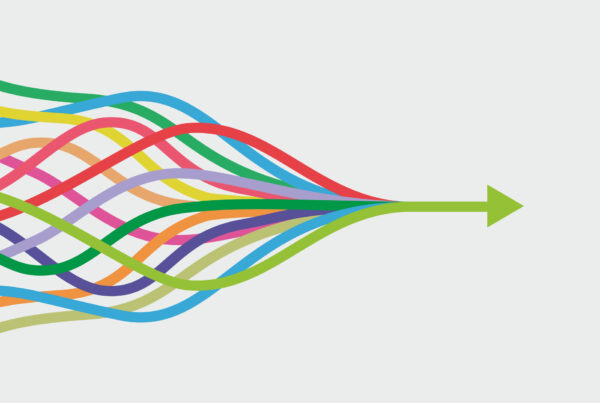To generalise, the Western World perceives Japan as a futuristic civilisation. It is the home of neon and vending machines and flawless transportation. People also say it is a place of contrasts; meaning, perhaps, the opposition of traditional cultural customs to this new, glitzy modern consumer society.
When I interviewed for a job here earlier this year, these assumptions certainly informed my own answers to the question “How do you perceive Japanese culture?”
Yet within 48hrs here I see the error of my (and of generalised ‘Western’) ways.
Japanese culture is not about contrasts but about harmonies. Tokyo’s skyscrapers don’t jar with nature, and they cause no friction with their surroundings. Nature and technology, old and new, work and play, all co-exist beautifully.
An example of the symmetry between traditional and modern; dining:
Meal times in Japan are, traditionally, occasions for politeness and formality. Saying “Itadakimasu” before eating is polite, as is slurping down soup in its entirety. Sticking chopsticks into your rice is disapproved of with equal and opposite vigour.
But buying a quick burger and fries is no less polite. Customers can expect to be greeted with gusto, served with a sweet smile and thanked profusely. In fact, even choosing to eat from a vending machine looses no etiquette; the machine will merrily perform a ritual of sounds and lights while serving you.
Products and methods contrast wildly, but the essential culture seems to me the same.
In fact disparities in culture are probably far wider in the rest of the world than here in Japan. Taking England as an example, the equivalent range of service from traditional formal dining to fast food would be a relative chasm. Waiters at One Aldwych, London, polish silver cutlery and serve only from the right, whereas at the nearby Subway, sandwiches are served with a grunt and a sneer.
Further examples of Japanese unity:
Formal traditional outfits and uniforms aren’t so different from brand-loyal teenage expression;
Timekeeping remains constant everywhere from Shinkansen to Strip Clubs;
Raking a Zen garden or cleaning the windows of a skyscraper seems similar from an artistic perspective.
If you imagine Japan to be a futuristic place, I think you are correct. But if you think this comes in opposition to previous culture, I now beg to differ. Technology only represents a recent layer on an already-stable and ‘futuristic’ culture.
A culture of contrasts is a culture of opposition and conflict. Japan, instead, feels a place of harmony, comfort and peace.




